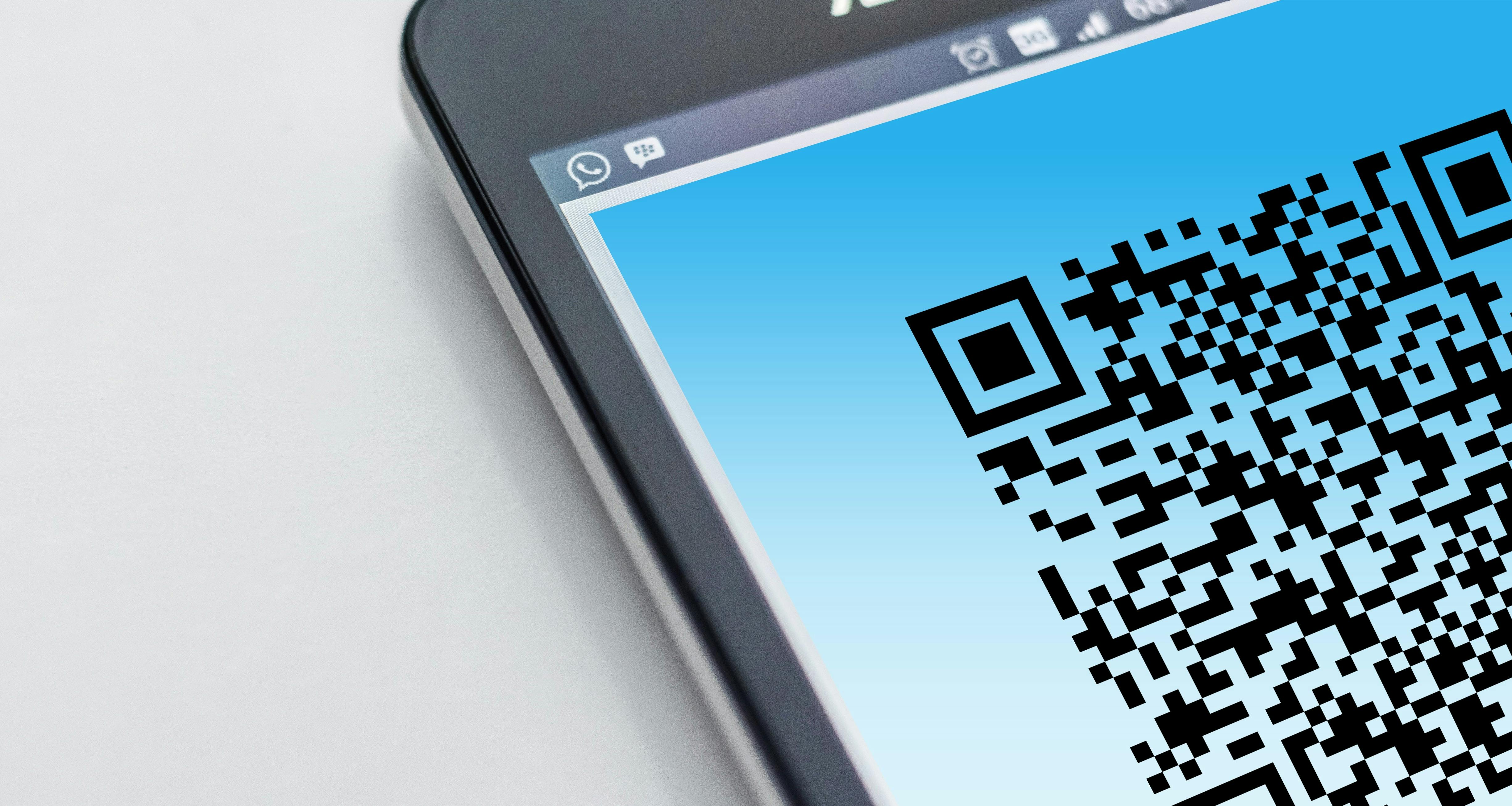QR Codes for Security: Secure Your Digital World with Advanced Scanning
In today's digital landscape, security is paramount. Businesses and individuals alike are constantly seeking innovative ways to protect sensitive information and transactions. QR codes, once simply a novelty, have evolved into a powerful tool for enhancing security measures, offering a convenient and efficient method for verifying authenticity and controlling access.
The Evolution of QR Code Security
Initially used for simple data storage and retrieval, QR codes have undergone significant advancements in their security applications. Early QR codes were vulnerable to manipulation, but modern techniques leverage cryptography and dynamic data generation to mitigate these risks. This evolution has led to their increased adoption across various sectors, from access control in facilities to secure payment processing.
Advanced QR Code Security Measures
Several techniques enhance the security of QR codes, making them a reliable component of a robust security strategy:
- Dynamic QR Codes: Unlike static codes that contain fixed information, dynamic QR codes can be updated or deactivated remotely. This prevents unauthorized access or the use of compromised codes.
- Encryption: Data embedded within QR codes can be encrypted, ensuring that only authorized individuals with the decryption key can access the information.
- Digital Signatures: Integrating digital signatures allows for verification of the QR code's authenticity. This ensures that the code hasn't been tampered with and originated from a trusted source.
- Multi-Factor Authentication (MFA): QR codes can be incorporated into MFA systems, adding an extra layer of security by requiring multiple forms of verification before granting access.
- Error Correction: QR codes can be designed with error correction capabilities, making them more resilient to damage or partial obstruction. Even if a portion of the code is damaged, it can still be scanned and decoded accurately.
Real-World Applications of Secure QR Codes
The applications of secure QR codes span various industries:
- Access Control: Secure QR codes can control access to buildings, facilities, or restricted areas, replacing traditional keycards or passwords.
- Secure Payments: QR codes are used in mobile payment systems, enabling quick and secure transactions. Integrating cryptographic techniques adds another level of protection against fraud.
- Document Verification: QR codes can be embedded in documents to verify authenticity and prevent counterfeiting. Scanning the code links to a digital record of the document, confirming its legitimacy.
- Supply Chain Management: QR codes can track products throughout the supply chain, ensuring authenticity and preventing the introduction of counterfeit goods.
- Healthcare: Secure QR codes can store patient information, simplifying access for healthcare providers while maintaining data privacy and security.
Practical Tips for Implementing Secure QR Codes
- Choose a reputable QR code generator: Opt for a service that incorporates robust security features like encryption and dynamic code generation.
- Utilize encryption and digital signatures: These measures ensure data integrity and authenticity.
- Implement strong password protection: If accessing QR code data requires a password, make it strong and unique.
- Regularly update QR codes: Especially for dynamic codes, ensure regular updates to maintain security.
- Educate users on secure scanning practices: Advise users to only scan codes from trusted sources and be wary of suspicious links or websites.
Advanced Scanning Technologies
The advancement in scanning technologies also plays a vital role in securing the QR code ecosystem. These improvements enhance both user experience and security protocols:
- High-Resolution Scanning: Enables accurate decoding even with damaged or low-quality QR codes.
- Biometric Authentication: Integrating biometric authentication with QR code scanning adds an extra layer of security, ensuring only authorized individuals can access the data.
- Anti-Phishing Measures: Advanced scanners can detect and warn users about phishing attempts using malicious QR codes.
Conclusion
Secure QR codes are no longer a futuristic concept; they're a practical solution enhancing security in diverse sectors. By implementing advanced security measures and utilizing updated scanning technologies, organizations can leverage the convenience of QR codes while maintaining the highest levels of data protection. Adopting secure QR code practices is a crucial step in safeguarding your digital world and mitigating potential risks.
